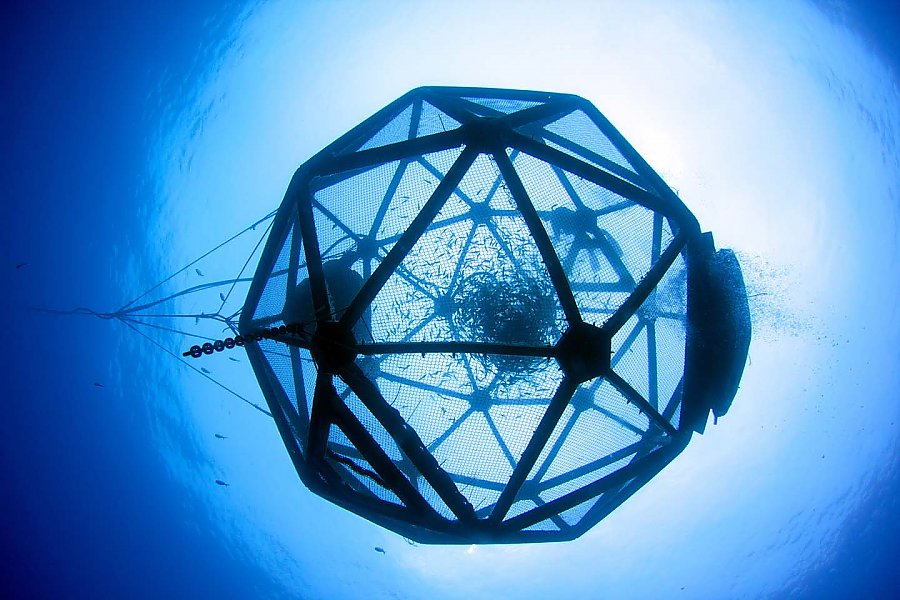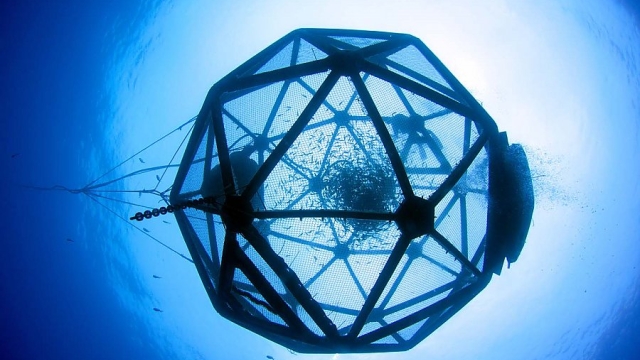
Aquaculture technology is at the forefront of a transformative shift in seafood production, addressing the pressing need for sustainability in an ever-growing market. As global demand for seafood continues to rise, innovative solutions are crucial to ensuring that aquaculture practices align with environmental stewardship. By harnessing technology, aquaculture can not only enhance efficiency and yield but also minimize its ecological footprint, paving the way for a more sustainable future.
The Rokter serves as an authoritative hub for insights into aquaculture technology and sustainability. Here, industry professionals can explore in-depth blog posts and extensive resources that delve into the latest advancements in the field. Furthermore, the dedicated forum fosters collaboration and knowledge sharing among aquaculture experts, creating a vibrant community dedicated to revolutionizing how we produce seafood while preserving our oceans for future generations.
The Importance of Sustainable Aquaculture
Sustainable aquaculture plays a crucial role in meeting the rising global demand for seafood while minimizing environmental impact. As overfishing threatens marine ecosystems, aquaculture provides an alternative that can help replenish fish stocks. By focusing on responsible farming practices, the industry can ensure that seafood supply is reliable without depleting natural resources. This is vital for food security, particularly in regions heavily reliant on fish as a primary protein source.
Moreover, sustainable aquaculture fosters biodiversity and protects delicate marine ecosystems. Implementing practices such as integrated multi-trophic aquaculture allows different species to coexist and benefit from each other, reducing the need for artificial feed and chemicals. This holistic approach not only enhances the health of fish populations but also supports the overall balance of aquatic environments. By promoting healthy ecosystems, sustainable aquaculture can mitigate the effects of climate change and contribute to the resilience of ocean habitats.
Finally, the economic benefits of sustainable aquaculture cannot be overlooked. As consumers increasingly demand ethically sourced seafood, businesses that adopt sustainable practices gain a competitive edge. The Rokter offers valuable insights and resources for aquaculture professionals to explore innovations that enhance sustainability. By investing in eco-friendly technologies and operations, aquaculture businesses can achieve long-term profitability while aligning with consumer values and environmental stewardship.
Innovative Technologies in Aquaculture
The aquaculture sector has seen remarkable advancements driven by innovation and technology, enabling more efficient and sustainable practices. One of the most promising technologies is the integration of automated feeding systems that utilize sensors and algorithms to optimize feeding schedules and quantities. These systems reduce waste, enhance feed efficiency, and improve fish growth rates, leading to higher yields and lower environmental impact.
In addition to automated feeding, water quality monitoring technologies have become vital in maintaining healthy environments for aquatic species. Smart sensors and real-time data collection allow farmers to track parameters such as temperature, oxygen levels, and pH balance. This immediate access to data enables proactive management of aquatic ecosystems, ultimately reducing the risk of disease outbreaks and improving overall stock health.
Furthermore, biotechnology is playing a critical role in enhancing aquaculture practices. Innovations such as genetic selection and breeding programs have resulted in fish and shellfish that grow faster, are more resilient to diseases, and have better nutritional profiles. These developments not only support sustainability efforts but also meet the growing global demand for seafood while minimizing the impact on wild fish stocks.
Industry Insights and Best Practices
Aquaculture is rapidly evolving, driven by the need for sustainable seafood production to meet increasing global demand. Industry insights suggest that adopting technology such as automated feeding systems and real-time monitoring tools significantly enhances efficiency and reduces waste. These innovations allow producers to track growth rates and environmental conditions, enabling them to make informed decisions that lead to better yield and sustainability.
Get In Touch
Best practices in aquaculture emphasize the importance of ethical sourcing and responsible farming methods. Collaboration within the industry, including partnerships between farmers, researchers, and technology developers, is crucial. By sharing knowledge and resources, the aquaculture sector can innovate more effectively and address common challenges such as disease management and environmental impact.
Furthermore, as consumers become more environmentally conscious, transparency in aquaculture practices is essential. Implementing traceability systems can help businesses communicate their sustainability efforts to consumers. Engaging with platforms like The Rokter can provide aquaculture professionals with invaluable insights, fostering a community dedicated to advancing sustainable practices and staying ahead of industry trends.
Community Engagement and Knowledge Sharing
The Rokter serves as a vital platform for aquaculture professionals, fostering community engagement and encouraging knowledge sharing among its users. By creating a space where experts and enthusiasts can connect, it promotes collaboration and the exchange of innovative ideas. This sense of community is crucial for driving advancements in aquaculture technology, as shared experiences and insights often lead to groundbreaking solutions for sustainability challenges.
Through in-depth blog posts and comprehensive industry resources, The Rokter empowers its visitors to stay informed about the latest developments in aquaculture. These articles not only provide valuable information but also stimulate discussions that can spark new concepts and methods. Professional communities thrive when knowledge is shared freely, and The Rokter’s commitment to accessible content enhances the collective intelligence of the aquaculture field.
Additionally, the dedicated forum on The Rokter offers a dynamic environment for professionals to ask questions, share practices, and troubleshoot issues collaboratively. This interactive feature cultivates a culture of learning and support, essential for the growth of sustainable aquaculture practices. By leveraging the expertise of its members, The Rokter strengthens the aquaculture community and contributes to a more sustainable future for seafood production.
